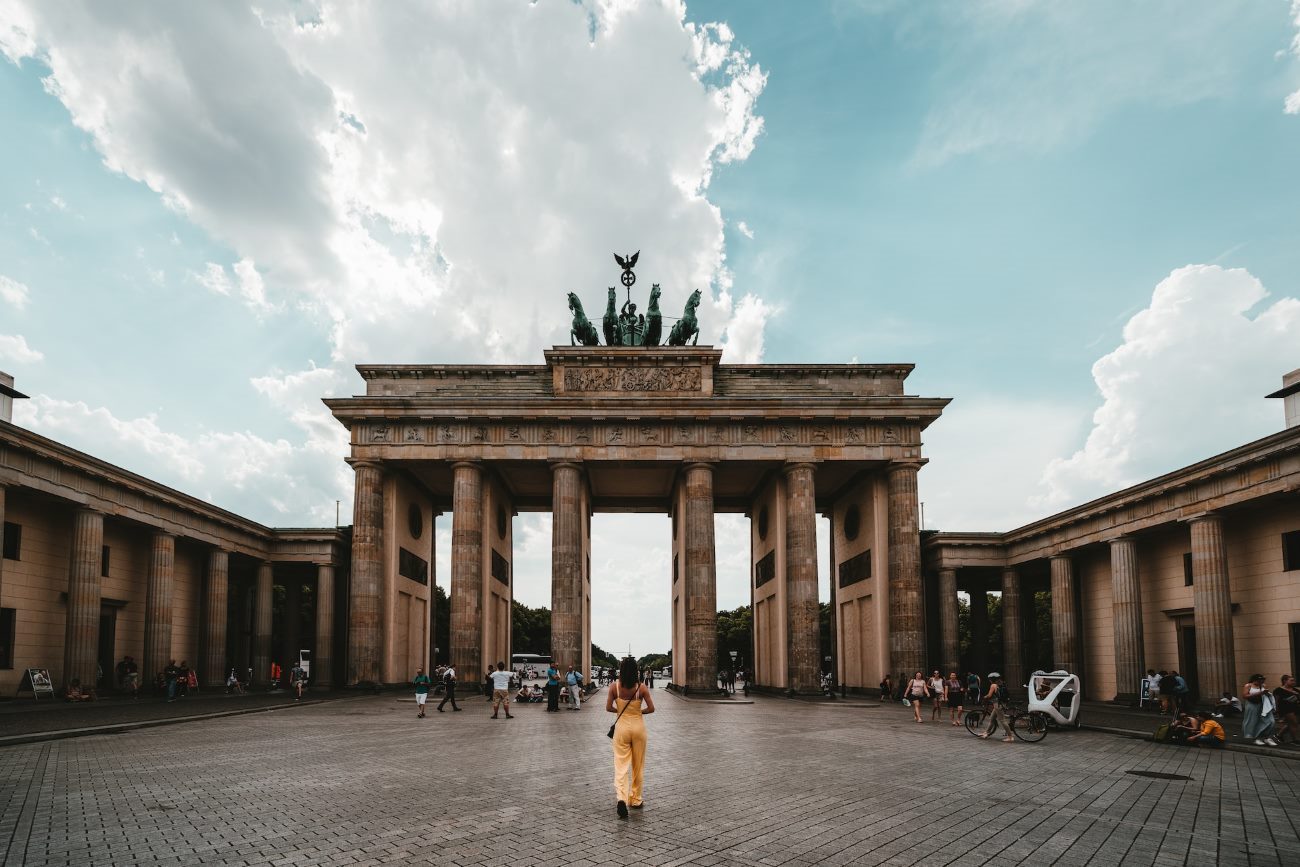How to Become a Tour Guide in London
Introduction
The capital city of the United Kingdom London attracts thousands of tourists yearly into its diverse and energetic metropolitan streets. A career in London tour guiding becomes an exciting professional path for people who wish to share their passion about the city with others including its historical sites and cultural spots. The following detailed guide presents step-by-step information about how to become a tour guide in London.
1. Acquire Knowledge about London
The foundation of your guidance requires strong prior knowledge about London and its aspects. You should study every landmark and historical site as well as architectural features and museums and parks and other important places found in the city. To expand your knowledge base about the city become familiar with all available books and爾 documentaries while also joining local history and cultural events.
2. Obtain Relevant Certifications and Training
The process of obtaining professional certifications alongside additional training will strongly improve your ability to convince clients regarding your tour guide qualifications. Search for training opportunities through well-established tourist guiding bodies which include the Institute of Tourist Guiding together with local academic institutions. Various specialized programs teach communication, navigation, storytelling, health safety aspects and many others.
3. Develop Language Proficiency
Having linguistic capabilities that extend beyond your mother tongue becomes essential for tour guiding in London because most tourists from different global regions visit this city. Language classes dedicated to improving your communication skills should be your choice if English is not your native language. Knowledge of Spanish as well as French and Mandarin besides English will create additional advantages for tour guide positions.
4. Gain Practical Experience
Reaching success as a tour guide demands essential practical experience. Begin by touring the city independently while visiting significant tourist spots followed by enrolling in guided tours to witness how experienced tour guides conduct themselves. University students should volunteer for guide roles in community events along with local museums and historic sites because it will help them build practical experience in addition to their ability to tell stories effectively.
5. Develop Your Communication Skills
Effective communication serves as a fundamental requirement for people who work as tour guides. Your primary task must be to develop better capabilities for public presentations alongside advance listening techniques and story-telling abilities. Develop your ability to share satisfying historical accounts and educational explanations about London landmarks and historical points. Local public speaking clubs alongside workshops enable you to improve speaking talents while building comfort levels when addressing crowds.
6. Create Your Tour Itineraries
The development of interesting and notable tour routes represents an essential role in the work of a tour guide. You should develop tours according to different interests including art-focused and literary tours together with dining experiences. Uncover different hidden destinations and hidden gems in your research to provide clients with an exceptional worthy experience. Tours should accommodate different preferences of families and senior citizens and international visitors.
7. Start Networking
Having contacts within the tourism industry helps new tour guides create professional standing in their field. Participate in tourism industry gatherings and enroll in professional tour guide organizations to meet both fellow tour guides and travel agencies and local enterprise members. Your tour guiding career growth will benefit from professional networking as it enables you to establish collaborations along with received referrals and enabled partnerships.
8. Obtain Required Licenses and Permits
Major population centers together with their governmental authorities need designated licenses or permits from tour guides. Tour guide licensing is not required at present in London but professionals must monitor potential changes to mandatory requirements for the future. Holding to local legal standards protects your clients’ security and industry respect while delivering great satisfaction to customers in tourism.
9. Market Yourself
Online marketing yourself becomes a priority when your tour guide proficiency reaches a satisfactory level. Design a website together with a blog platform which displays your technical capabilities and includes your recommended excursions as well as reviews from satisfied clients. Post eye-catching images together with entertaining information through Instagram platforms in addition to Facebook and Twitter to create engagement with possible future clients. Local travel agencies along with hotels should partner with you to expand your client base.
10. Never Stop Learning and Growing
Vacation industry development requires continuous learning by tour guides who need to understand emerging trends throughout their profession. You should regularly seek information about fresh attractions together with upcoming events along with cultural activities that take place in London. Join industry workshops together with participation in seminars combined with attendance at professional conferences for networking with tour guides and other sector colleagues. Continuously accept feedback from clients to enhance your services and work for continuous improvement.
Conclusion
Choosing to work as a tour guide in London provides a joyful and fulfilling professional option. A solid comprehension of London combined with effective communication abilities along with your desire to teach makes it possible to deliver remarkable travel experiences to visitors worldwide. To succeed in this competitive market you must persist in growing professionally and promote yourself through marketing efforts. Wishing you the best of luck in your pursuit to become a tour guide in London’s beautiful city.
Table of Contents



